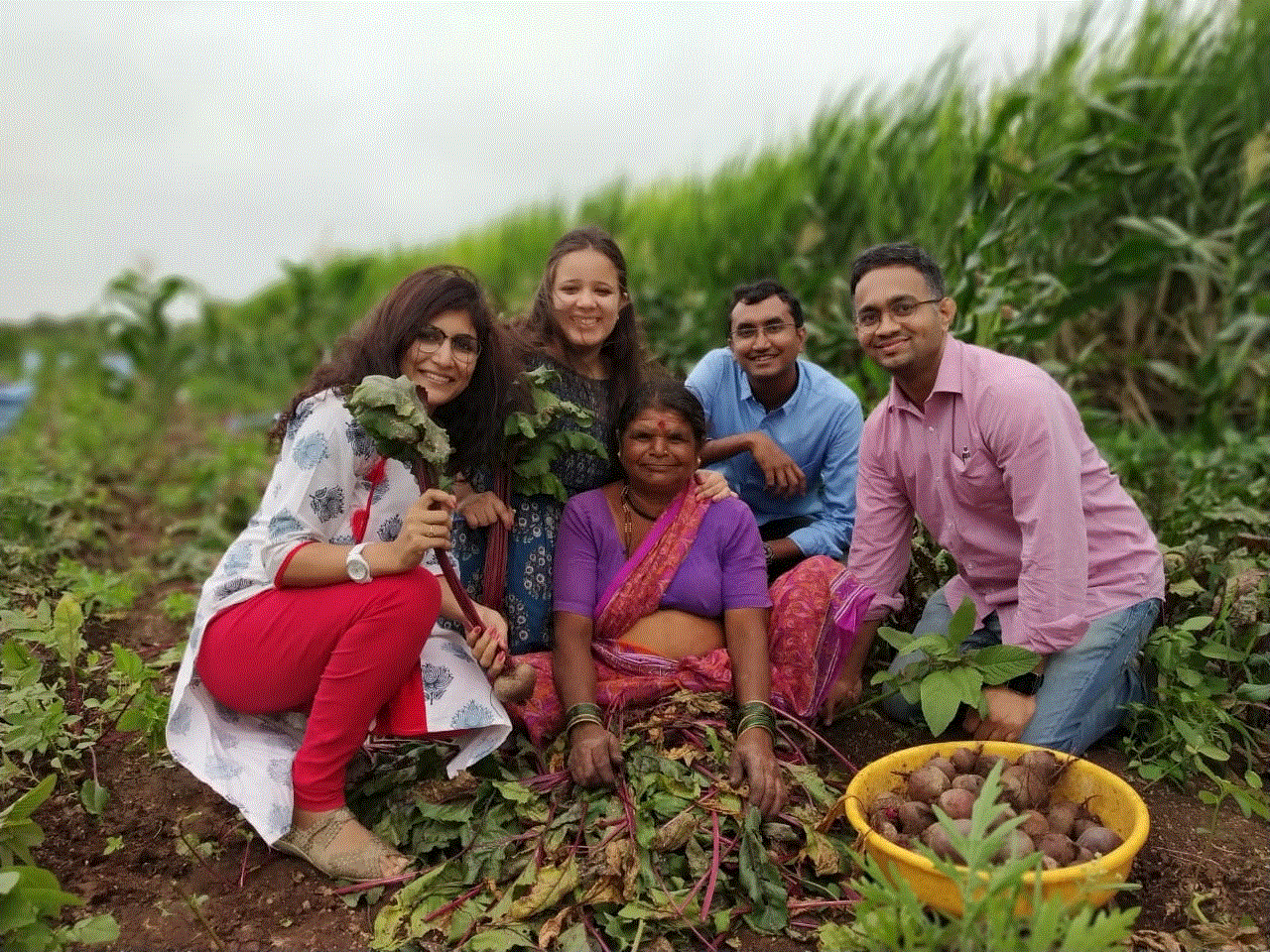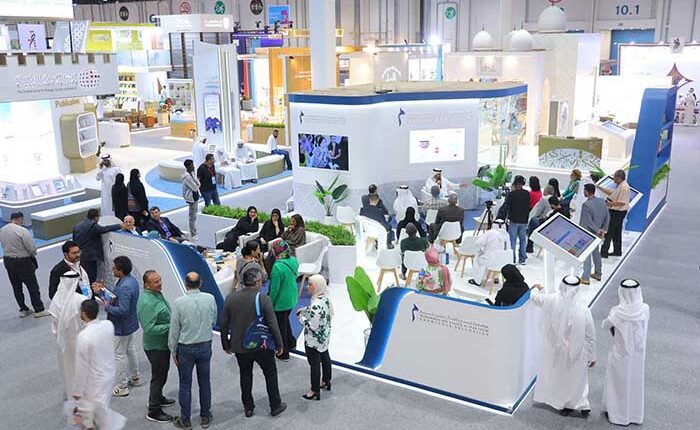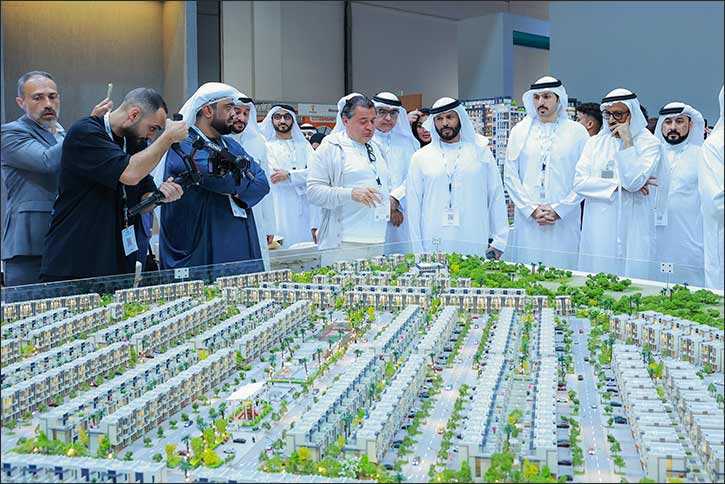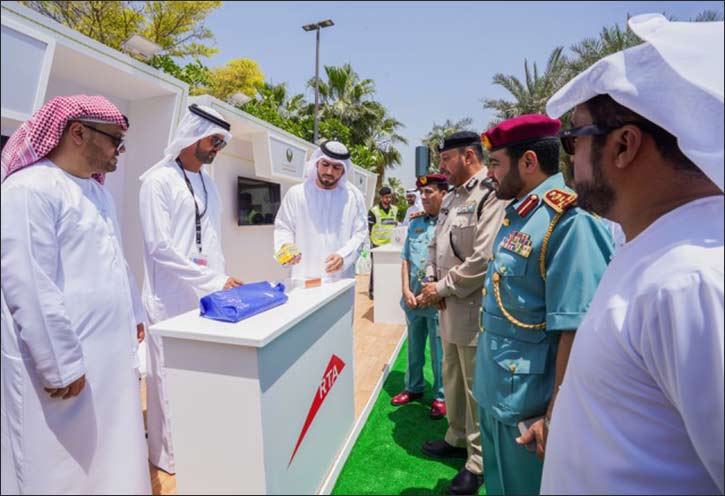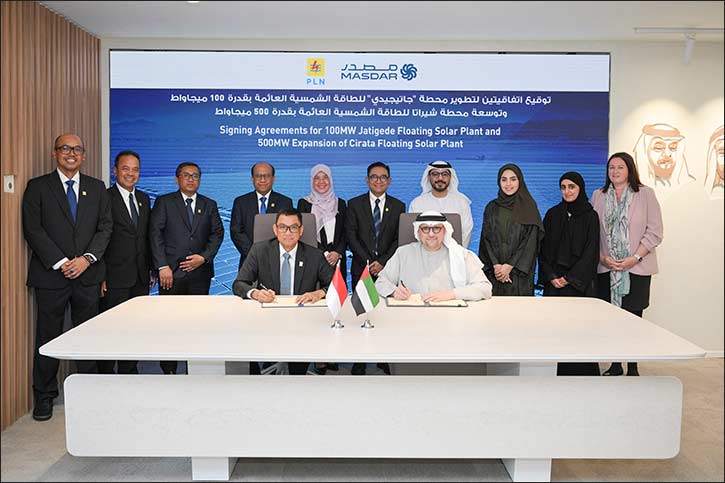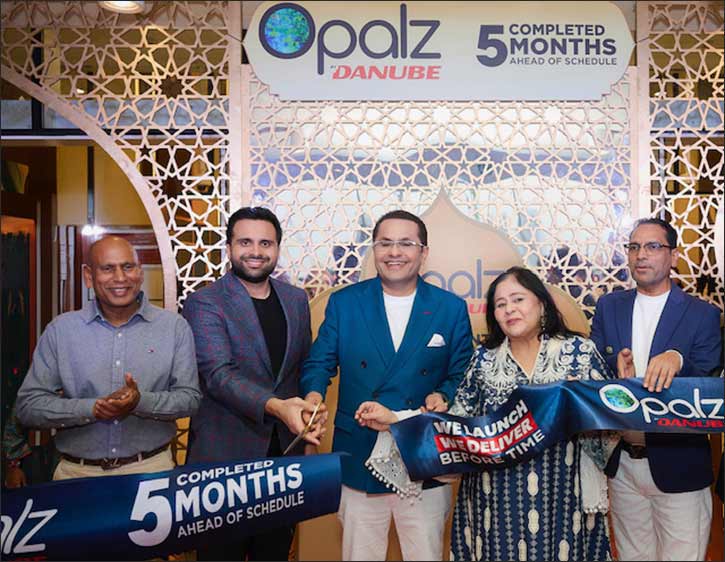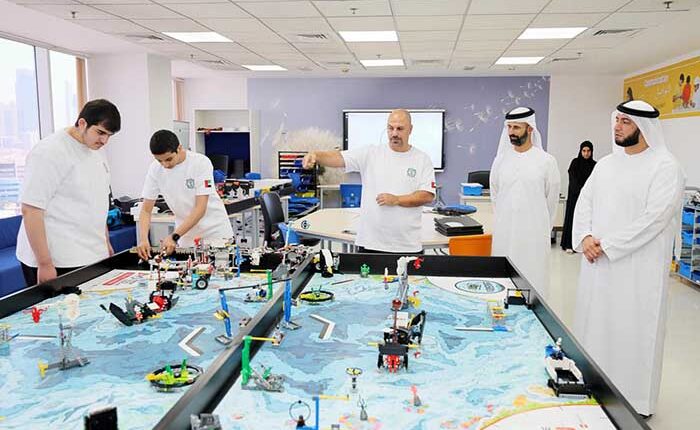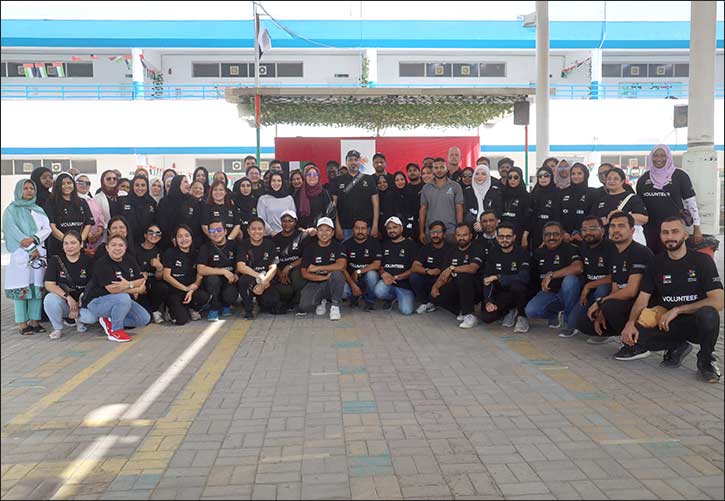Zayed Sustainability Prize helps 60,000 farmers and 1,200 rural women cut down food waste and increase income
As the world celebrates food preservation initiatives to mark the International Day of Awareness of Food Loss and Waste, the Zayed Sustainability Prize sheds light on a recent winner, which created a sophisticated electricity-free technology to cut down food waste at farms and double farmers’ income
S4S Technologies - a 2022 winner of the Zayed Sustainability Prize in the Food category, has been empowering rural women since 2008 by involving them in projects that reduce food waste and improve income.
The India-based startup recognised that a significant amount of farmers’ produce goes to waste because they lack the means to preserve their harvest, do not have the experience to sell it on a wider scale, and lack technical knowledge of modern agricultural practices.
To address this challenge, the company developed a food dehydrator to convert food waste into non-perishable food ingredients that can be sold.
Using patented solar conduction dryer technology, farmers could now avoid food waste and create a new revenue stream. The technology is electricity-free, delivering sustainable results while avoiding the problems caused by long power cuts.
The impact
The company’s technology currently saves approximately 22,500 tonnes of produce from getting wasted each year, and avoids 300,000 tonnes of CO2 emissions annually.
“What brought us together was solving the challenges of food wastage, poverty among smallholder farmers and gender inequality among rural women farmers,” said co-founder Nidhi Pant.
“We started by providing technology solutions to farmers to reduce food wastage, but soon realised they are not marketers. Providing market linkage along with technology is necessary to integrate buyback of the processed produce,” she added.
While S4S Technologies has received several awards for its environmentally-friendly solutions, winning the Zayed Sustainability Prize has significantly impacted its projects.
“Support from the Zayed Sustainability Prize has helped us expand our farmer-base to include 60,000 smallholder farmers and 1,200 female micro-entrepreneurs. It also helped us strengthen our value chain and farmers’ awareness, training, and capacity-building,” said Pant.
The SME also digitalised its value chain after receiving the US$600,000 cash prize. Digital tools have meant better pricing and more guidance on quality standards. And after receiving the Prize fund, S4S Technologies has expanded its product portfolio beyond fruit and vegetables, to pulses, grains, spices, and coconuts.
Female empowerment
Women comprise 33% of the total agricultural workforce in India. Most of their households live on less than US$2.5 per day, while more than 120 million rural women remain unemployed. Despite this poverty and hunger, food worth around US$16 billion is wasted every year in India.
Combining science, technology, micro-entrepreneurship and female empowerment has made S4S Technologies a force for massive change.
S4S Technologies keeps women at the centre of its operations, promising more opportunities to come.
One example of the company’s success is Chayya, a young woman from a remote village on the outskirts of Aurangabad, India, who suffered from a physical disability.
The young woman worked hard as a farm labourer, yet her life was difficult and her income barely sufficient.
When S4S Technologies started recruiting local women in her village to work on a food-saving initiative, Chayya’s life quickly turned around. She received a better income, higher work standards and, perhaps most importantly of all, she gained more dignity in her work and greater respect from society. And seeing her flourish encouraged other village women to join the produce processing work.
“Since I started this journey - the most profound moments have been how our intervention has transformed the lives of our women entrepreneurs,” said Pant.
“I feel content when I see how our entrepreneurs have become better decision-makers - both at household and community level. With increased income, they can support education for their daughters and no longer need loans from unscrupulous loan-sharks to support the children and elderly.
“In the next five years, we aim to enable 10,000 more women to become micro-entrepreneurs and increase their profit by 50 to 200%, and to work with three million farmers in reducing post-harvest losses and provide adequate market linkage,” she added.
Food wastage a Universal Problem
The company aims to save up to 175,000 tonnes of food each year and prevent 1.2 tonnes of CO2 emissions.
“This can be done by preventing food wastage, minimal logistics, and switching to clean energy for food processing. If we stopped wasting food, we could cut global emissions by 8%, free up land and resources, and save enough food to feed two billion hungry people,” Pant concluded.
[ends]
